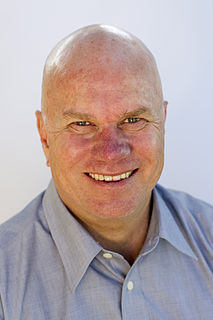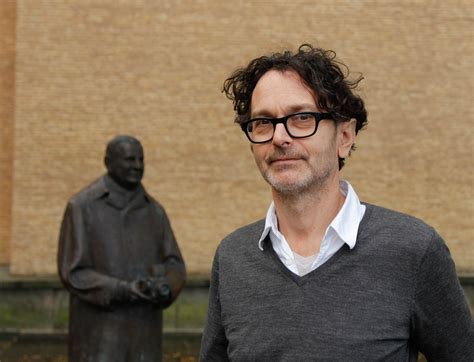A Quote by Nick Turse
The thing that really struck me was how many firms that we think of as strictly civilian had ties to the Pentagon. Companies like Apple, Starbucks, Oakley the sunglasses manufacturer. Even Google, and a lot of big corporations like PepsiCo, Colgate-Palmolive, and Nestle, that you don't normally think of as defense contractors.
Related Quotes
Companies like Spotify, the new Apple service, and all the others are really going to have to pay artists more. And I think it's a matter of time; I think a lot of these companies and the individuals that are involved in them realize that as well. They know that artists are not getting what they should be getting.
So many interviews, even ones that I consider really intelligent and good writers, will do the, like, 'Oh, you're not taking your clothes off like Miley Cyrus and all these girls' thing, which to me is just the weirdest thing to say to someone. ... Now when people are like, 'Tell me what you think of Miley!' I'll say, 'What do you think of Miley?' and they'll flounder and say, 'Well, I think she's really talented...' and I'm like, there you go.
The chairs [in Congress] are part of the "Gang of Eight." They get briefed on every covert-action program and everything like that. They know where all the bodies are buried. At the same time, they get far more campaign donations than anybody else from defense contractors, from intelligence corporations, from private military companies.
There's been a lot companies that have shown "zero to one" kind of growth in the computer, internet software age. Facebook and Google are zero to one companies. Apple's iPhone was the first smartphone that really works, and of course, then you scale it horizontally, but the vertical component was really critical. Space X would also be one.
This is a world that's big enough for everyone. I like that message in that comes out of John Lasseter, and it comes out Pixar, it comes out of the Apple, Google, the Ben and Jerry's thing. These are American companies that send that message around that is good, that is healthy. And everyone goes, "That's the America I always believed in before Watergate."
How many of the unicorn companies are really prosaic businesses - like limousine services or renting rooms in your house? The original VC firms from the '70's made their money and established the reputation of their respective brands by leveraging big cleverness with small capital, not small cleverness with big capital, and that's what's going on with these unicorns. That has never worked and it won't work this time. It doesn't produce venture quality returns, and it never will.








































